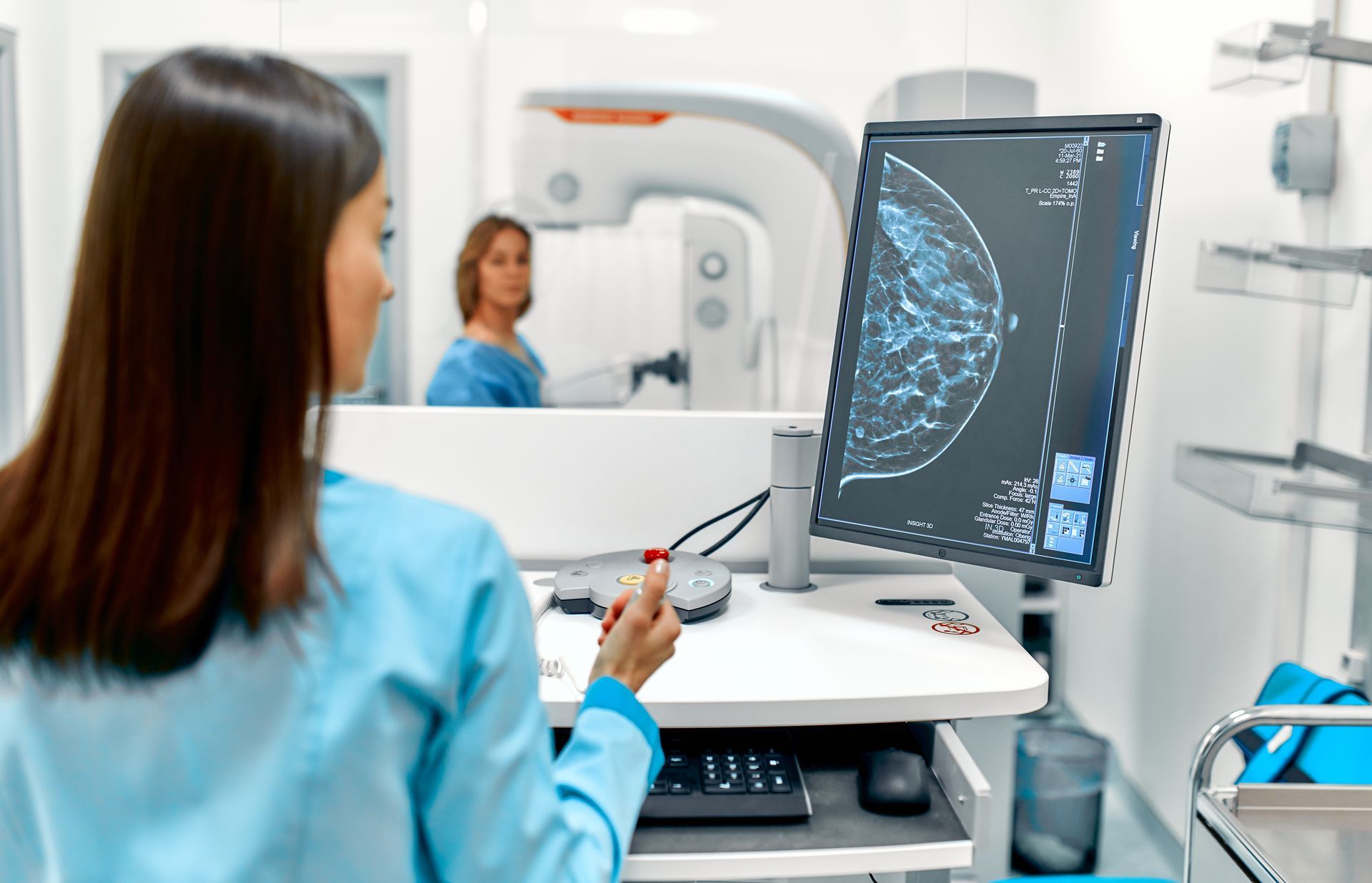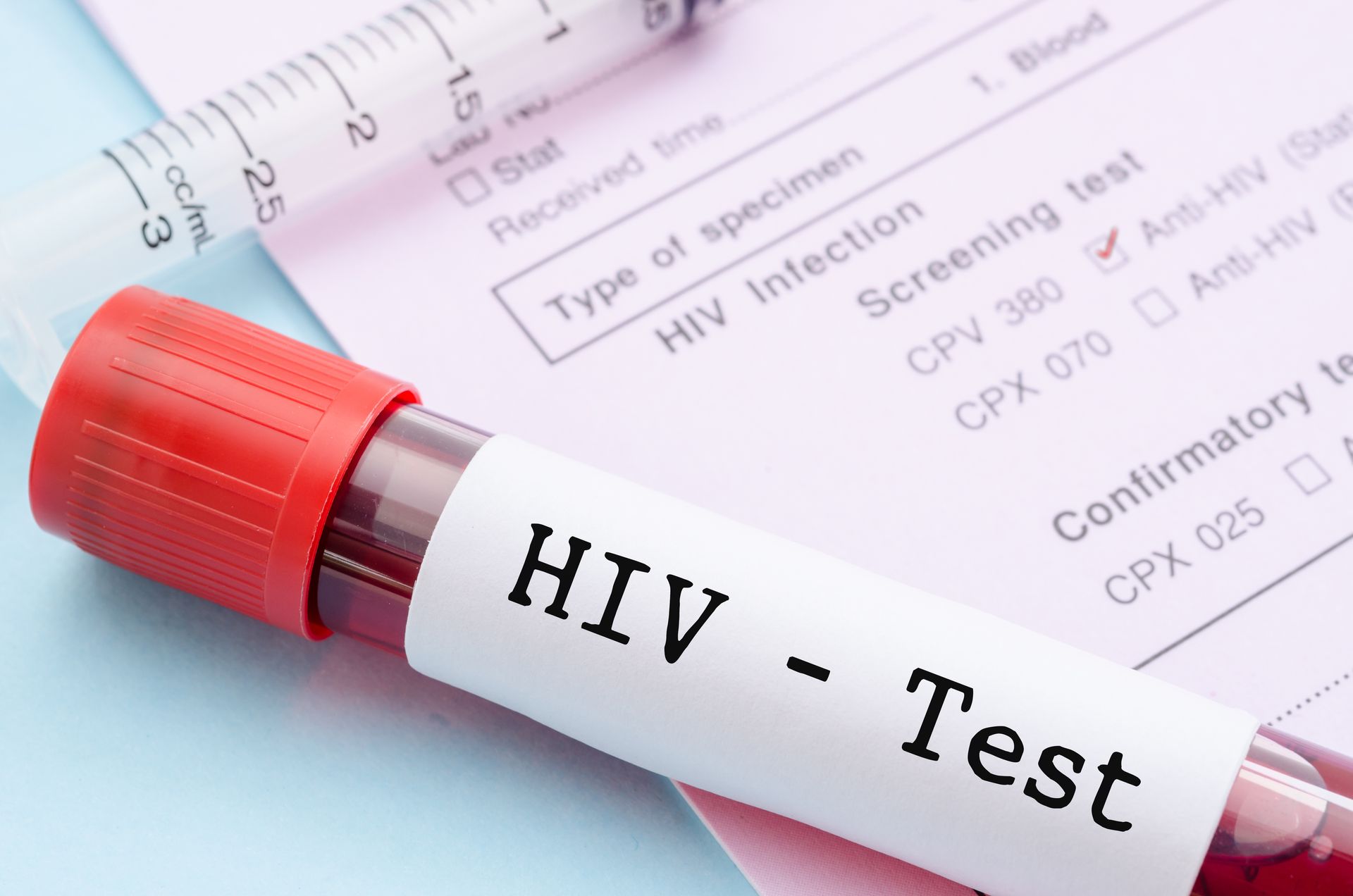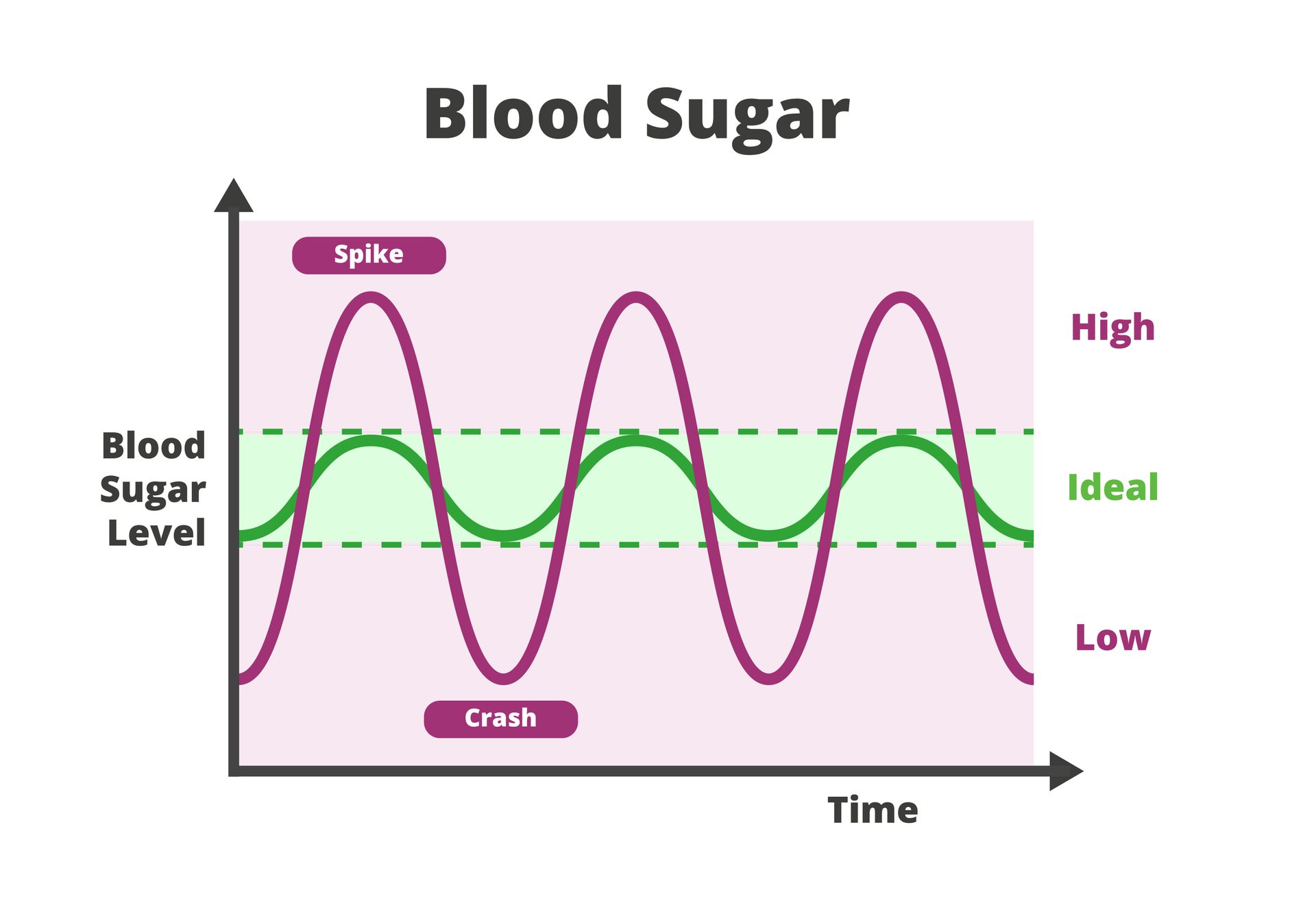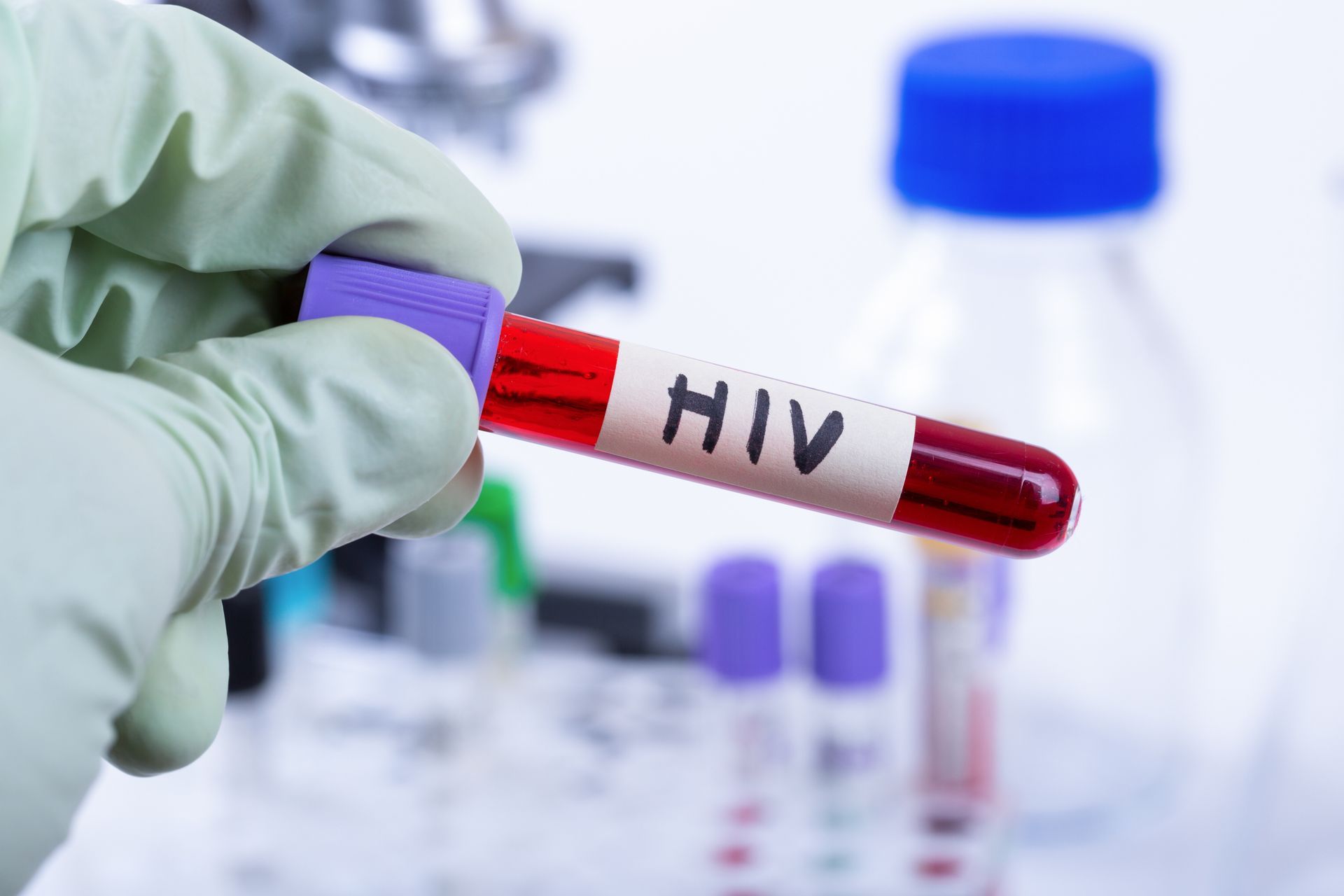Recent Posts
What Your Primary Care Provider Looks for in Routine Lab Work
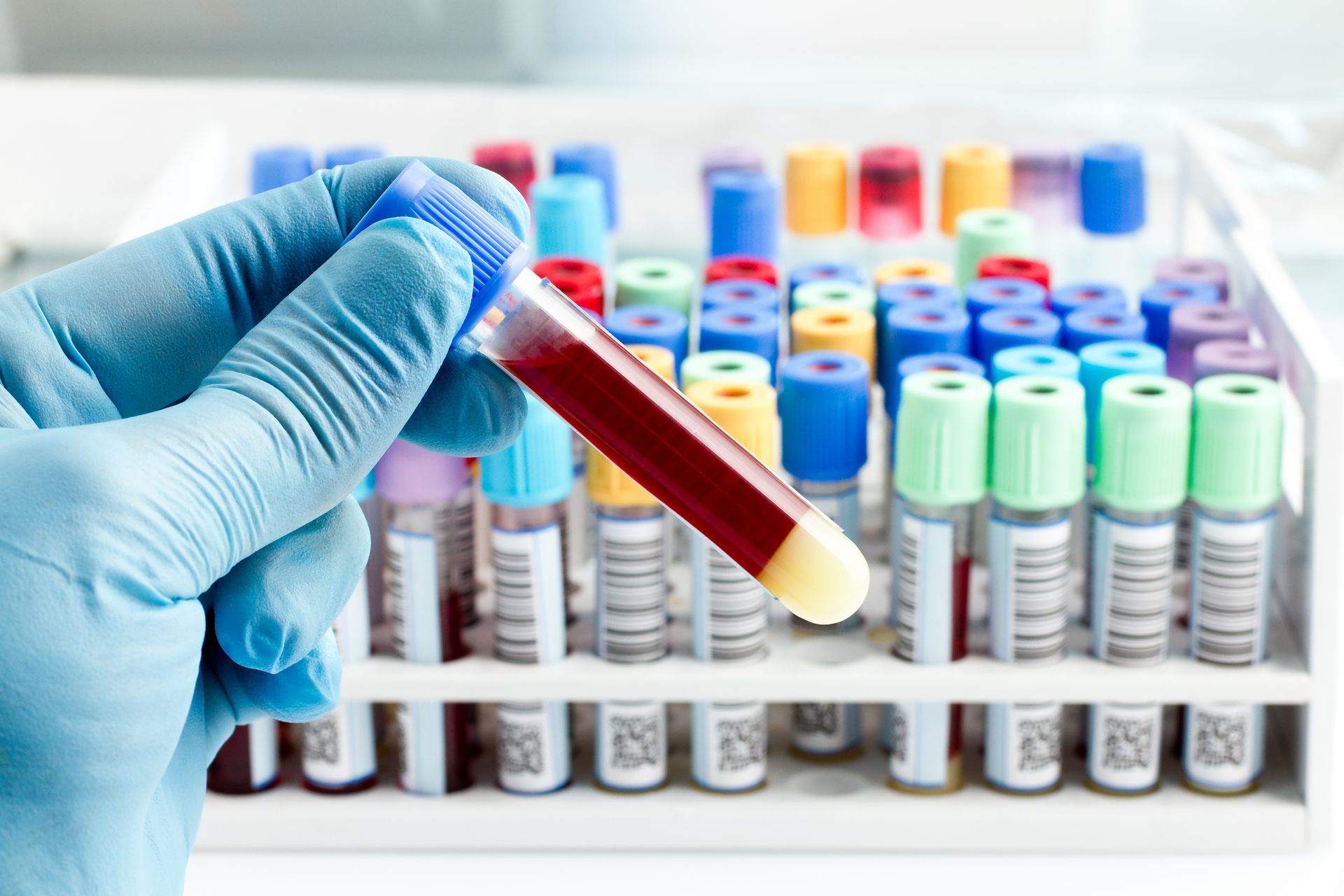
Routine lab work is one of the most valuable tools your primary care provider (PCP) uses to monitor your overall health and catch potential issues before they become serious. While these tests may seem routine to you, they offer a goldmine of insights into how your body is functioning on a cellular level.
Complete Blood Count (CBC)
The CBC is a broad screening test used to check for disorders such as anemia, infection and many other diseases. It measures several components of your blood:
White Blood Cells (WBCs)
Normal range: 4,500 – 11,000 cells/mcL
High WBC counts can indicate infection, inflammation or even leukemia. Low counts might suggest bone marrow disorders or autoimmune conditions.
Red Blood Cells (RBCs)
Normal range:
● Men: 4.7 – 6.1 million cells/mcL
● Women: 4.2 – 5.4 million cells/mcL
Low RBC counts may point to anemia, while high counts can be a sign of dehydration or heart disease.
Hemoglobin (Hb or Hgb)
Normal range:
● Men: 13.8 – 17.2 g/dL
● Women: 12.1 – 15.1 g/dL
Hemoglobin carries oxygen in your blood. Abnormal levels often track with RBC counts and help identify types of anemia.
Hematocrit (Hct)
Normal range:
● Men: 40.7% – 50.3%
● Women: 36.1% – 44.3%
This test shows the percentage of your blood made up of red blood cells. It helps confirm anemia or dehydration.
Platelets
Normal range: 150,000 – 450,000 platelets/mcL
Platelets help with clotting. Too few can mean you're at risk for bleeding; too many can increase your risk of blood clots.
Comprehensive Metabolic Panel (CMP)
The CMP provides information about your body’s chemical balance and metabolism, including the health of your kidneys and liver.
Glucose
Normal range: 70 – 99 mg/dL (fasting)
Elevated glucose can indicate diabetes or insulin resistance, even if you're not experiencing symptoms.
Calcium
Normal range: 8.5 – 10.2 mg/dL
Abnormal calcium levels can be a sign of kidney disease, bone disorders or parathyroid issues.
Sodium, Potassium and Chloride
Normal ranges:
● Sodium: 135 – 145 mmol/L
● Potassium: 3.5 – 5.0 mmol/L
● Chloride: 96 – 106 mmol/L
These electrolytes help manage fluid balance, nerve function and muscle health. Imbalances may suggest dehydration, kidney issues, or heart conditions.
Blood Urea Nitrogen (BUN) and Creatinine
Normal ranges:
● BUN: 6 – 20 mg/dL
● Creatinine: 0.6 – 1.3 mg/dL
These are kidney function tests. Elevated levels can indicate impaired kidney function or dehydration.
Liver Enzymes (ALT, AST, ALP)
Normal ranges:
● ALT: 7 – 56 units/L
● AST: 10 – 40 units/L
● ALP: 44 – 147 IU/L
High levels may signal liver inflammation, damage, or bile duct issues. Routine monitoring helps detect conditions like hepatitis or fatty liver disease early.
Albumin and Total Protein
Normal ranges:
● Albumin: 3.4 – 5.4 g/dL
● Total Protein: 6.0 – 8.3 g/dL
These proteins are essential for cell function and fluid balance. Abnormal results might be linked to liver or kidney disease.
Lipid Panel (often ordered with CBC/CMP)
This panel assesses your risk for cardiovascular disease.
Total Cholesterol
Optimal range: Less than 200 mg/dL
LDL (Bad Cholesterol)
Optimal range: Less than 100 mg/dL
HDL (Good Cholesterol)
Optimal range: 60 mg/dL or higher
Triglycerides
Normal range: Less than 150 mg/dL
High LDL and triglycerides increase your risk of heart disease and stroke. HDL helps remove bad cholesterol, so higher is better.
Why These Tests Matter
Even if you’re feeling fine, lab work can catch early warning signs of serious conditions like diabetes, kidney disease or cardiovascular problems before symptoms arise. When your PCP reviews these results, they’re not just looking at numbers in isolation. They’re evaluating trends over time, checking how different values relate to each other and considering them alongside your medical history and lifestyle.
Our Healthcare Professionals in Houston Can Help You Get Affordable Lab Work
Whether you’re due for your annual exam or have specific health concerns, our team is here to support you with expert guidance and compassionate care. Don’t wait for symptoms to start. Take proactive steps today to protect your long-term health.
Schedule your lab work and wellness visit with St. Hope Healthcare today by calling (713) 778-1300.


